11 Easy Ways to Eat Healthy Without Spending a Fortune
Eating healthy gets talked about like it’s some kind of luxury, but it really doesn’t have to be. With a bit of planning and some easy swaps, you can take better care of your body without watching your grocery bill spiral out of control. Here’s how to do it.
Frozen Produce Is a Smart Shortcut
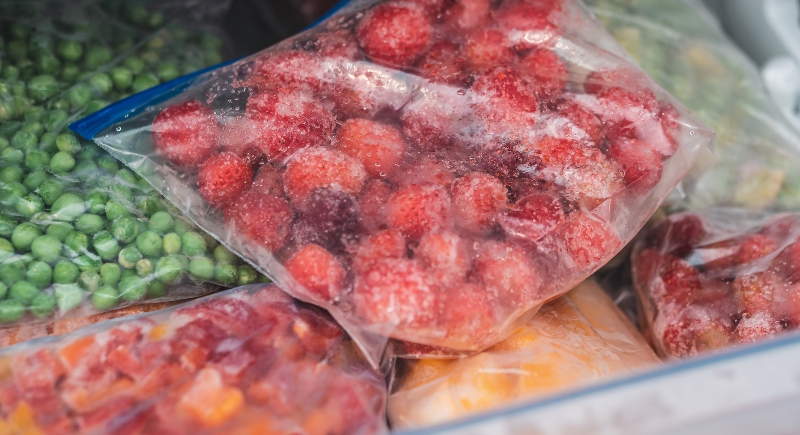
Credit: Getty Images
Fresh fruits can spoil quickly and lose their quality after long transport. Frozen alternatives, picked at peak ripeness and preserved immediately, avoid that issue entirely. They store longer, cost less, and maintain nutrition.
Don’t Grocery Shop Hungry

Credit: Getty Images
Hunger shifts your priorities fast. With an empty stomach, it’s harder to resist snack aisles or pricier prepared foods. A small bite before shopping, like toast or fruit, can help you stay focused and stick to what you actually planned to buy.
Reinvent Meals with Leftovers
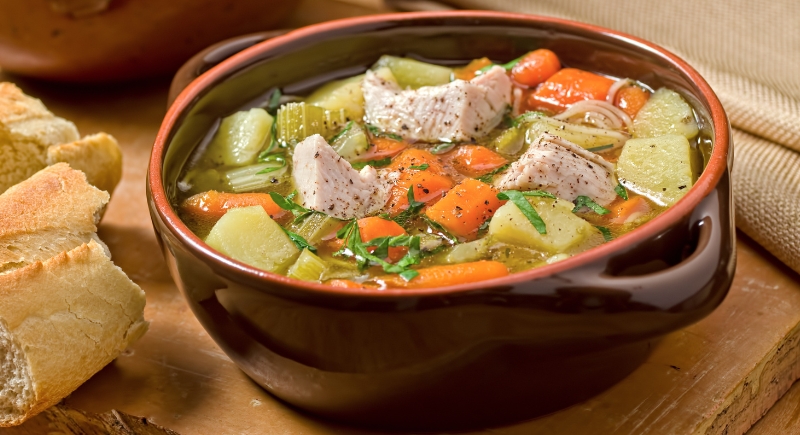
Credit: Getty Images
Leftovers don’t need to feel like repeats. You can turn last night’s roasted vegetables into a quick wrap or make soup from a small portion of chicken. Thinking creatively about what’s already cooked lets you stretch groceries further without sacrificing variety or spending extra time in the kitchen.
Swap Meat for Cheaper Proteins

Credit: Getty Images
Instead of building every meal around chicken or beef, reach for lentils or canned beans. They’re easier to store and often cost a fraction of the price. These ingredients absorb flavor well and make hearty meals without requiring careful timing or refrigeration.
Prep Ingredients Yourself
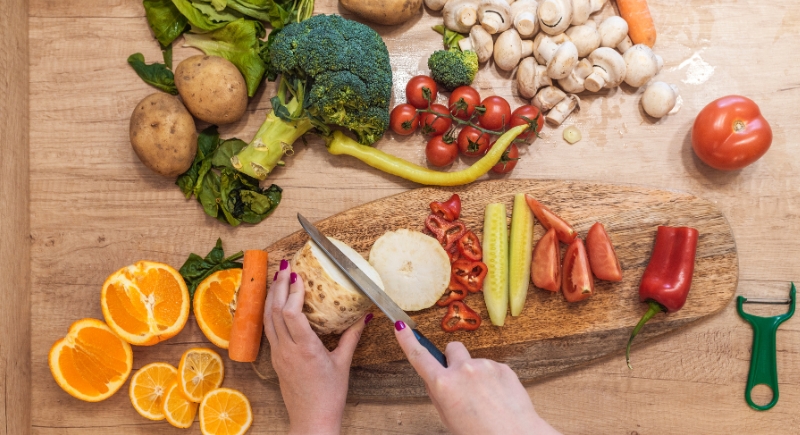
Credit: Getty Images
Buying shredded cheese or bagged lettuce might seem convenient, but the markup adds up. Taking a few minutes to chop or slice at home results in fresher flavor and fewer preservatives. Plus, whole items usually last longer and offer more versatility once you’re ready to cook.
Let Grains Bulk Up Dishes

Credit: Getty Images
Hearty meals often start with a dependable base. Grains like rice or barley are inexpensive and help smaller amounts of meat or vegetables go further. The right seasoning or broth can also bring comfort and structure to dishes that would otherwise feel incomplete.
Double Recipes When Cooking
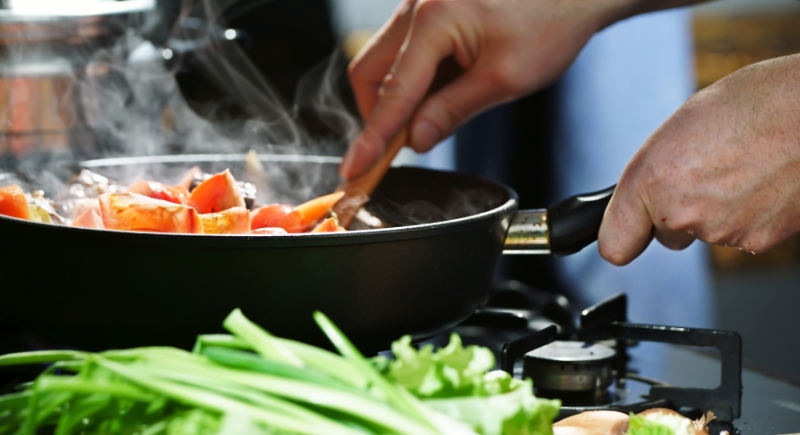
Credit: Getty Images
Cooking once and eating twice saves a lot of time. Plus, doubling recipes gives you emergency meals for busy days and prevents the temptation to eat out when tired. Even basic dishes like pasta sauce or stir-fry benefit from being made in larger batches and stored for later.
Use Coupons with Intention
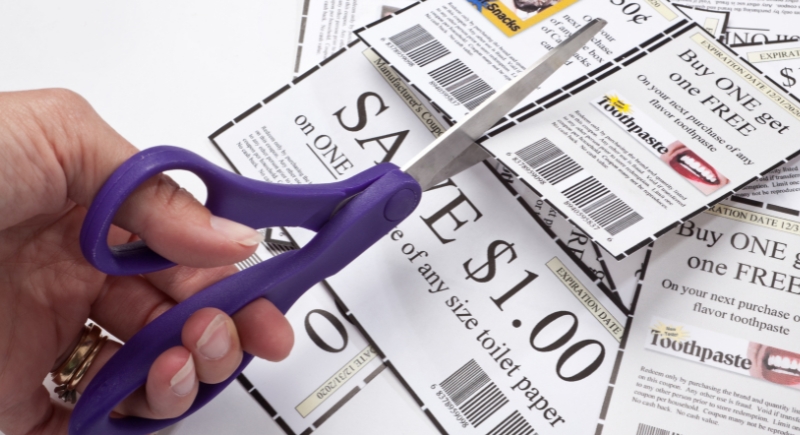
Credit: Getty Images
Don’t let digital deals push you toward random purchases. Stick to your original list and apply coupons only when they match what you already plan to buy. This keeps your cart focused and avoids falling for flashy promotions that inflate the final bill without improving your meals.
Grow a Few Ingredients at Home
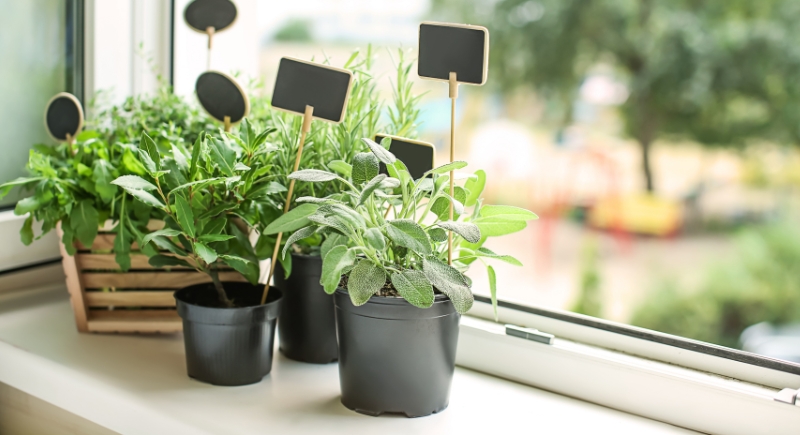
Credit: pixelshot
A windowsill garden may not feed you entirely, but it can change the way you season food. Herbs like basil or thyme grow easily indoors and cut down on frequent trips to the store. It’s a small effort that delivers both flavor and savings.
Skip the Sugary Beverages

Credit: Canva
Sodas and bottled juices are expensive distractions. Swapping them for water improves hydration and eliminates unnecessary spending. If plain water feels dull, add lemon, cucumber, or mint. Once the habit sets in, you’ll notice how much lighter your grocery haul becomes, both in weight and cost.
Plan Meals Based on Inventory
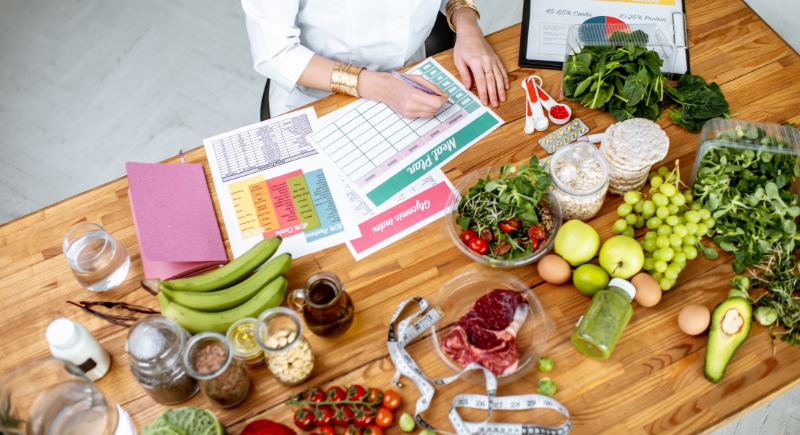
Credit: Canva
Before making a shopping list, start by checking your fridge, freezer, and pantry. Meals come together more easily when you use what you already own. That overlooked bag of rice or half onion might be all you need to avoid another store run altogether.
Keep It All in One Pan

Credit: Canva
Simplifying your cooking setup saves effort. One-pot dishes like stews or skillet meals require fewer ingredients and make cleanup easier. It’s also a practical way to use small portions of leftovers or random produce that would otherwise go untouched.
Buy Bulk Only When It’s Logical

Credit: Getty Images
Bigger isn’t always better. Stocking up works only if you have space and plan to use the item often. Buying a large sack of flour without storage or recipes in mind means money wasted, not saved. Focus on what fits your routine, not what looks like a deal.
Stick with Affordable Staples
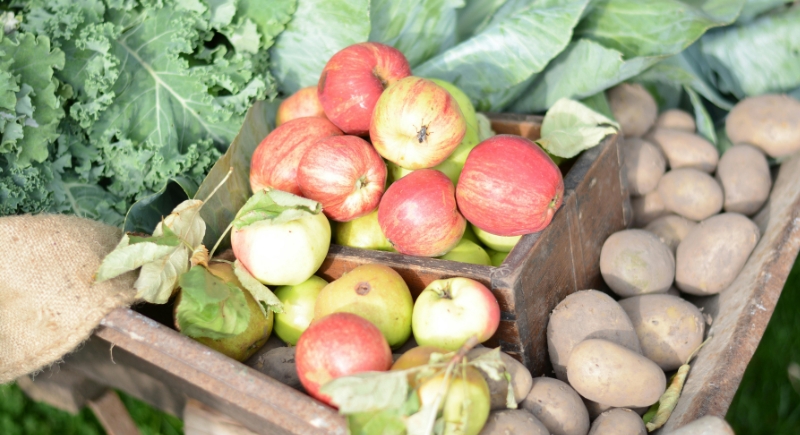
Credit: Getty Images
Don’t let trendy ingredients convince you that basic means boring. Staples like sweet potatoes or cabbage are nutrient-rich, filling, and endlessly adaptable. These foods work in countless dishes and often cost far less than imported grains or exotic powders marketed as health miracles.
Use the Whole Ingredient

Credit: Getty Images
Instead of tossing scraps, think about how to reuse them. Carrot tops can become pesto. Broccoli stems sauté well. Bread ends make great toast or breadcrumbs. Viewing these odds and ends as assets, not waste, lowers costs and helps you cook more sustainably without extra effort.